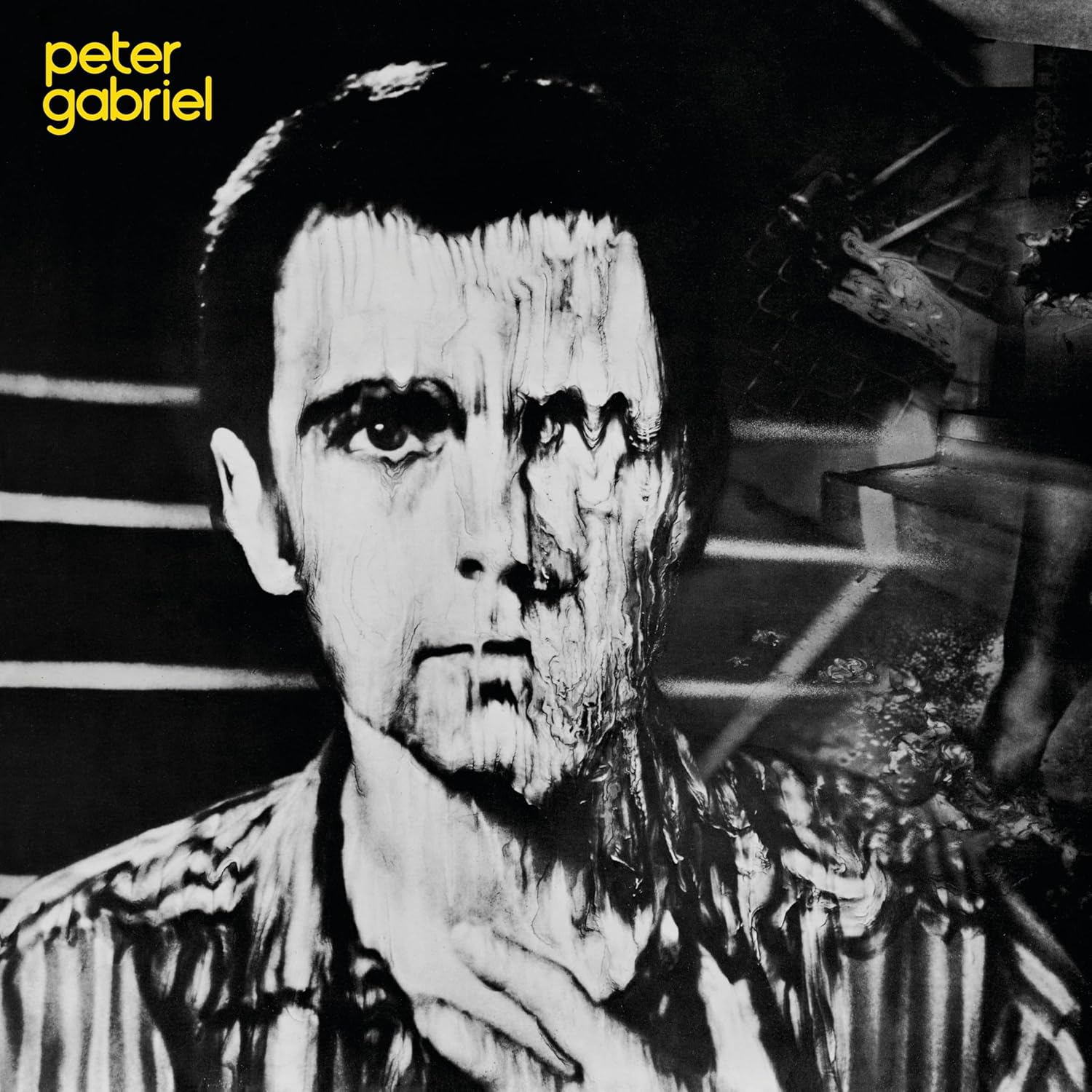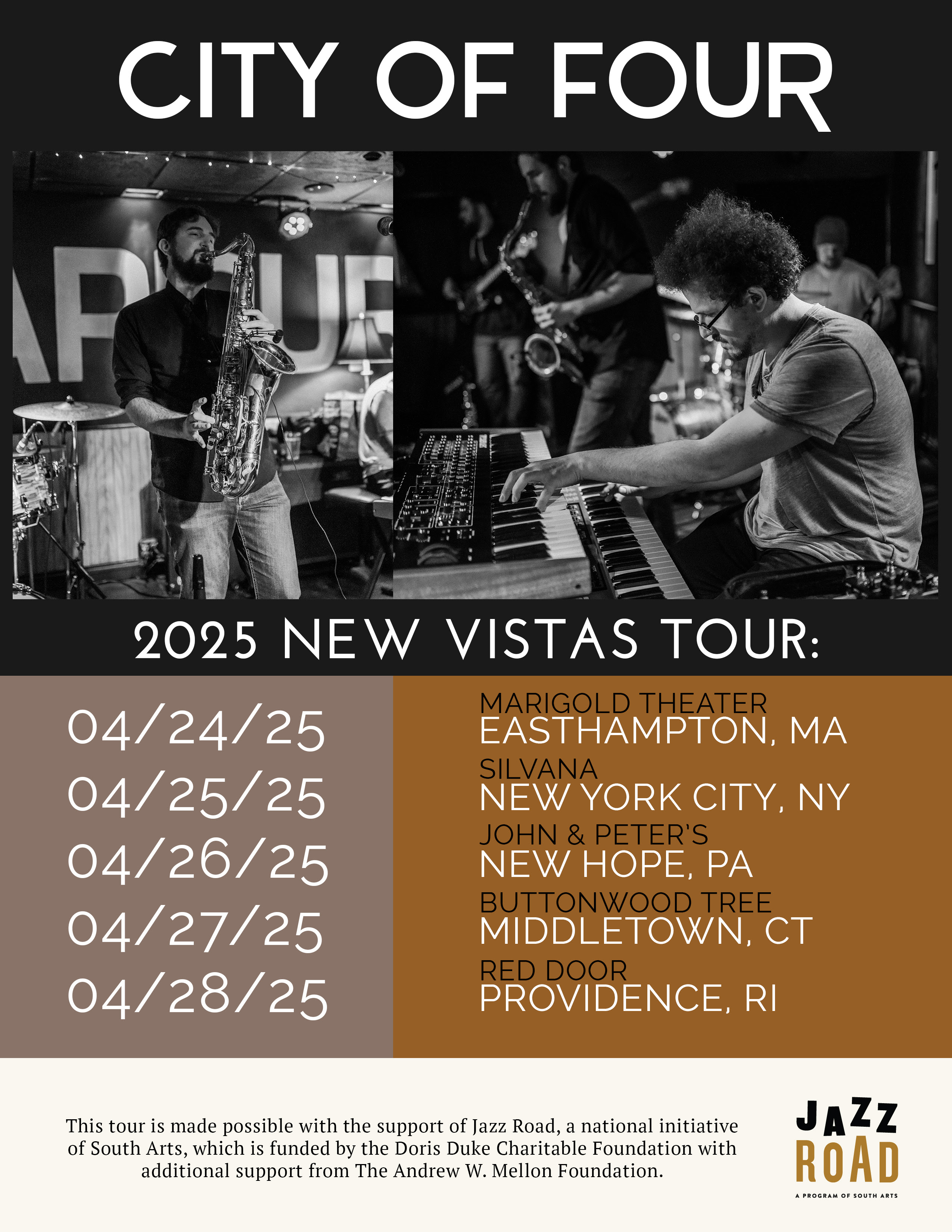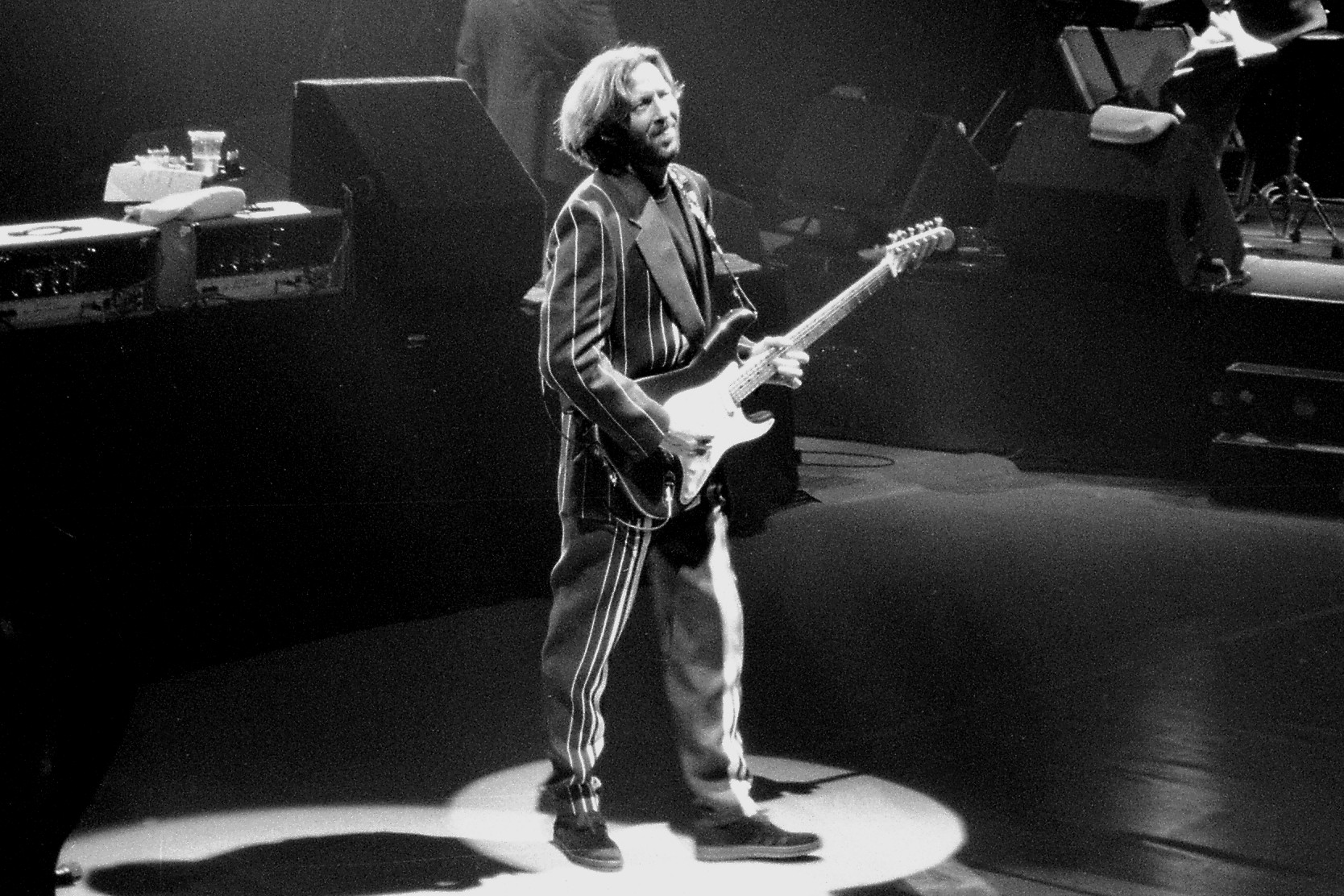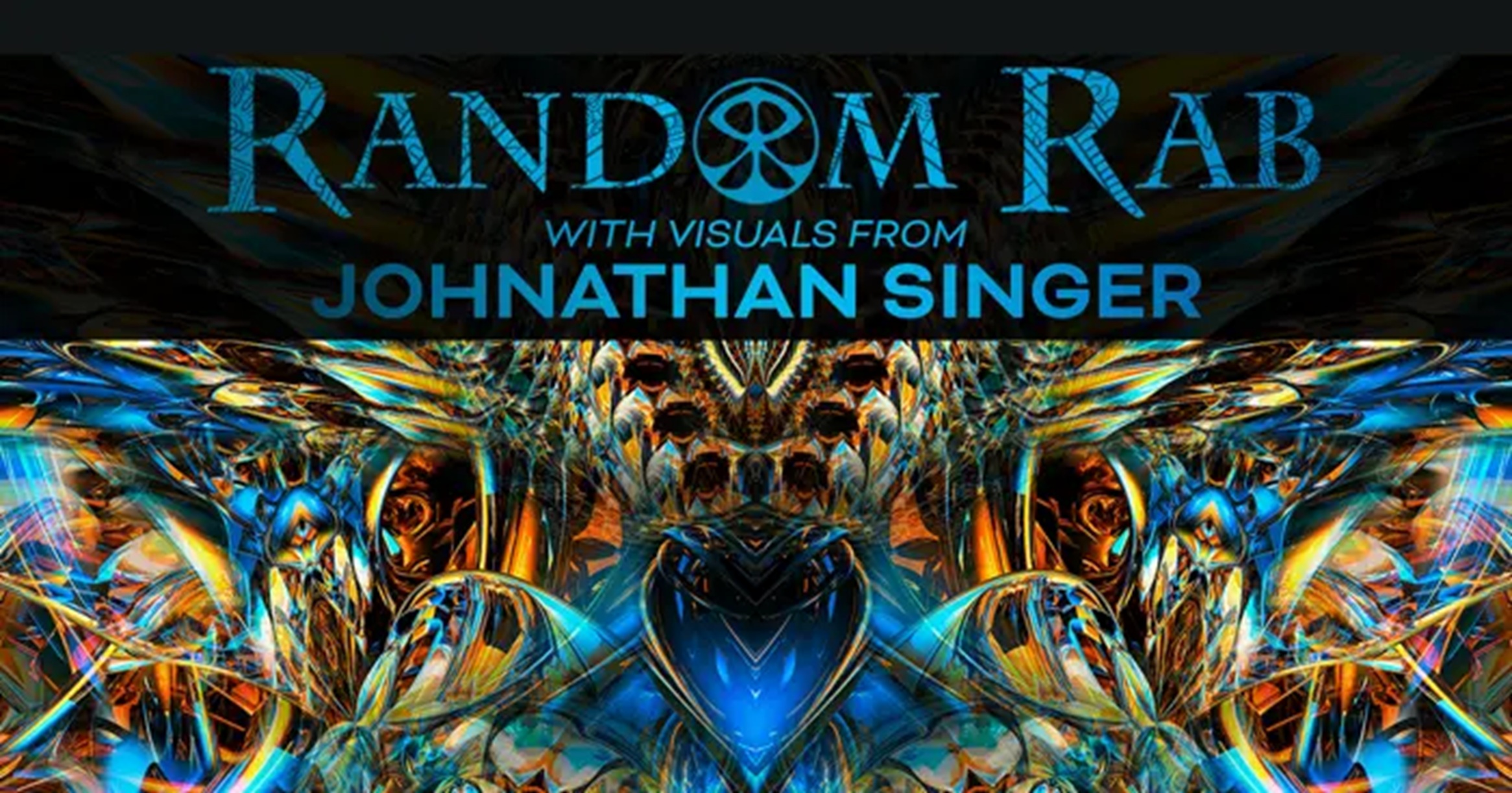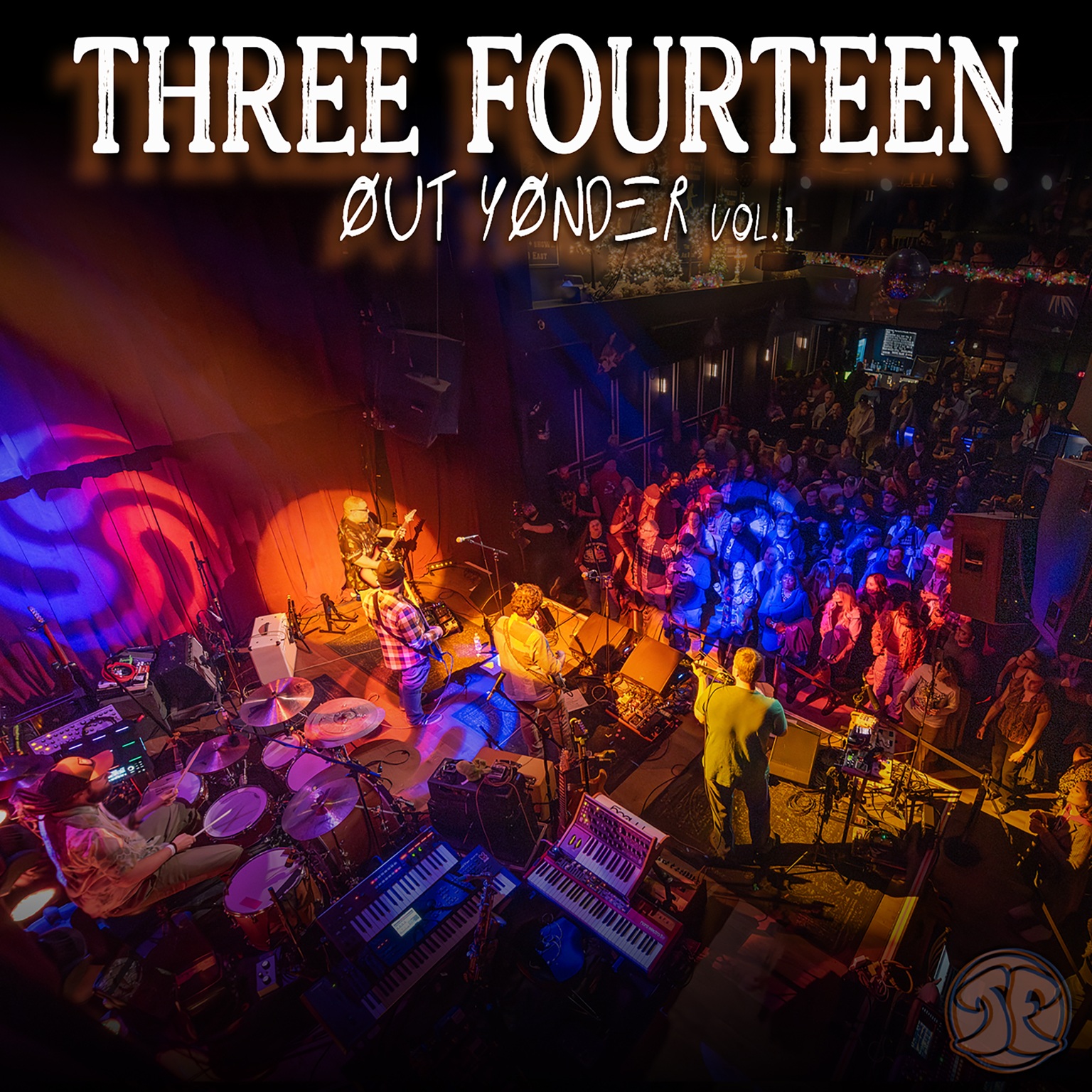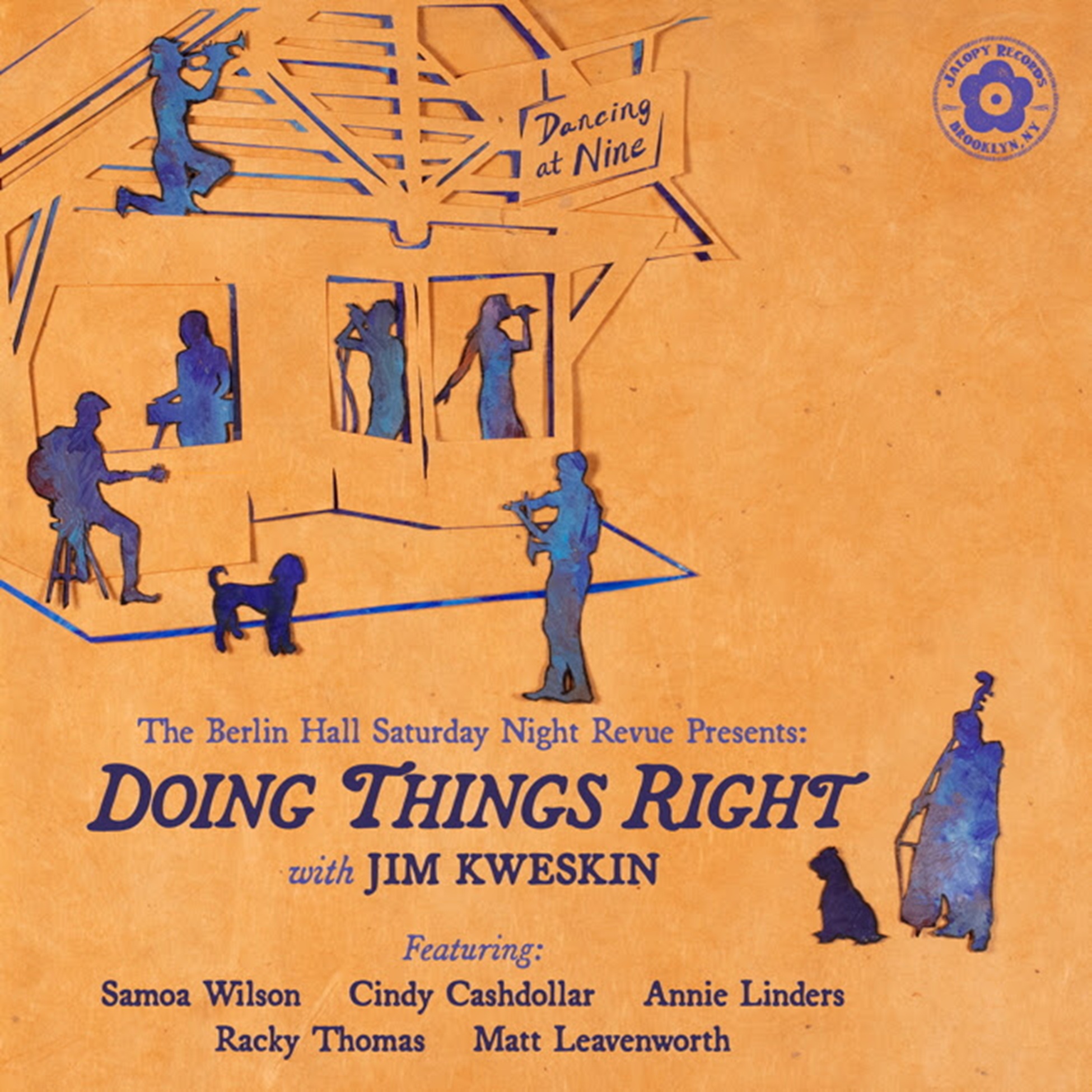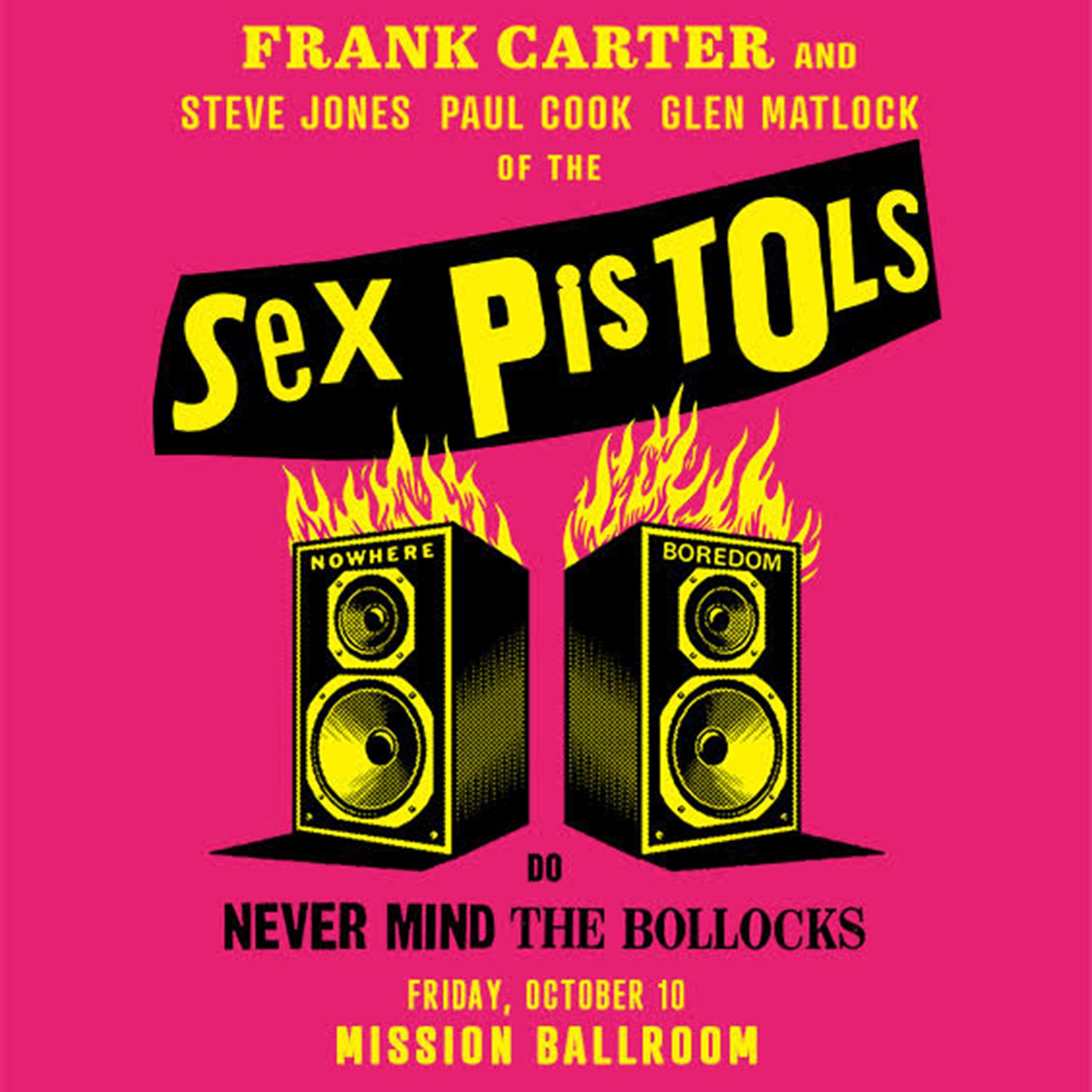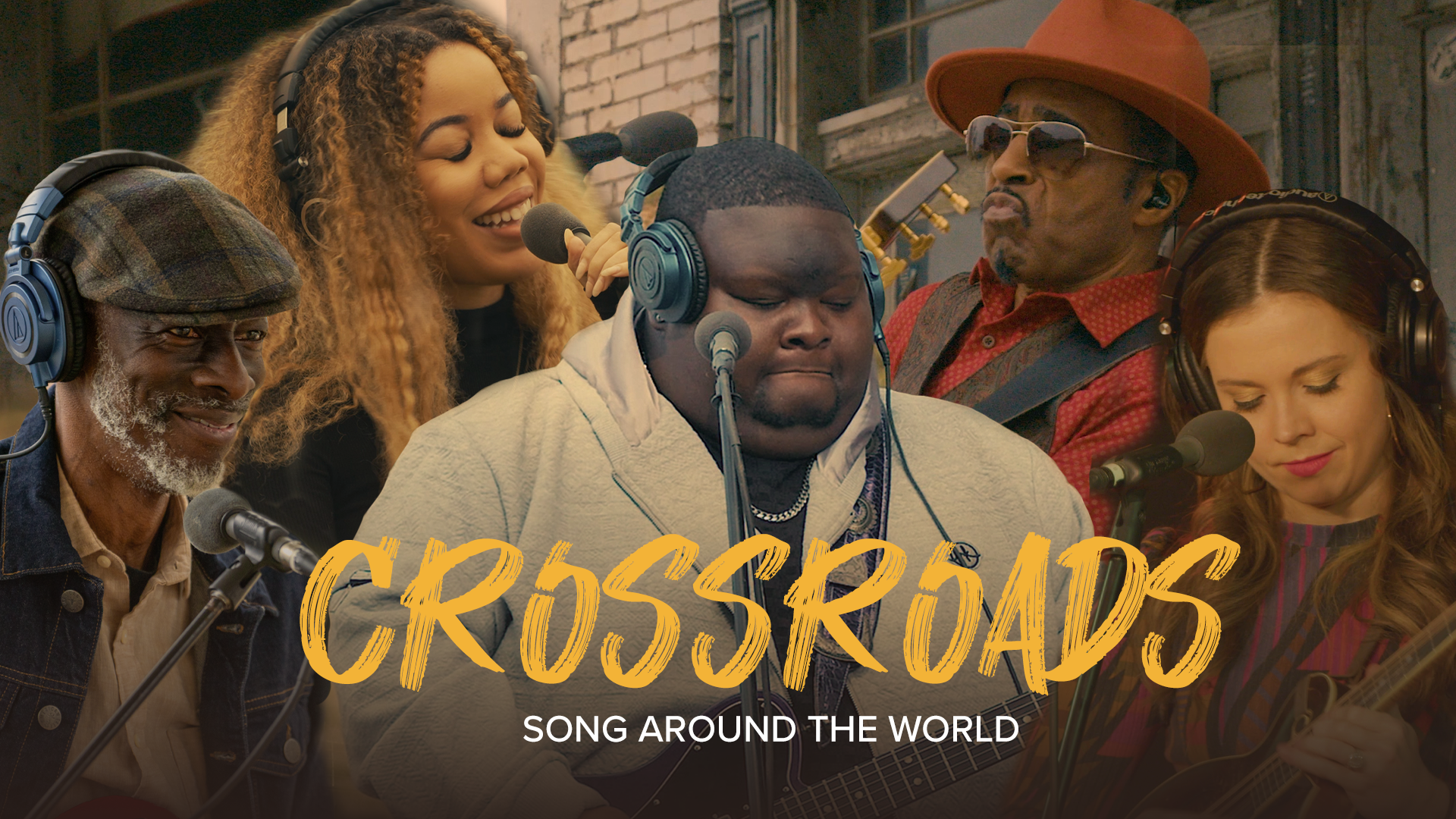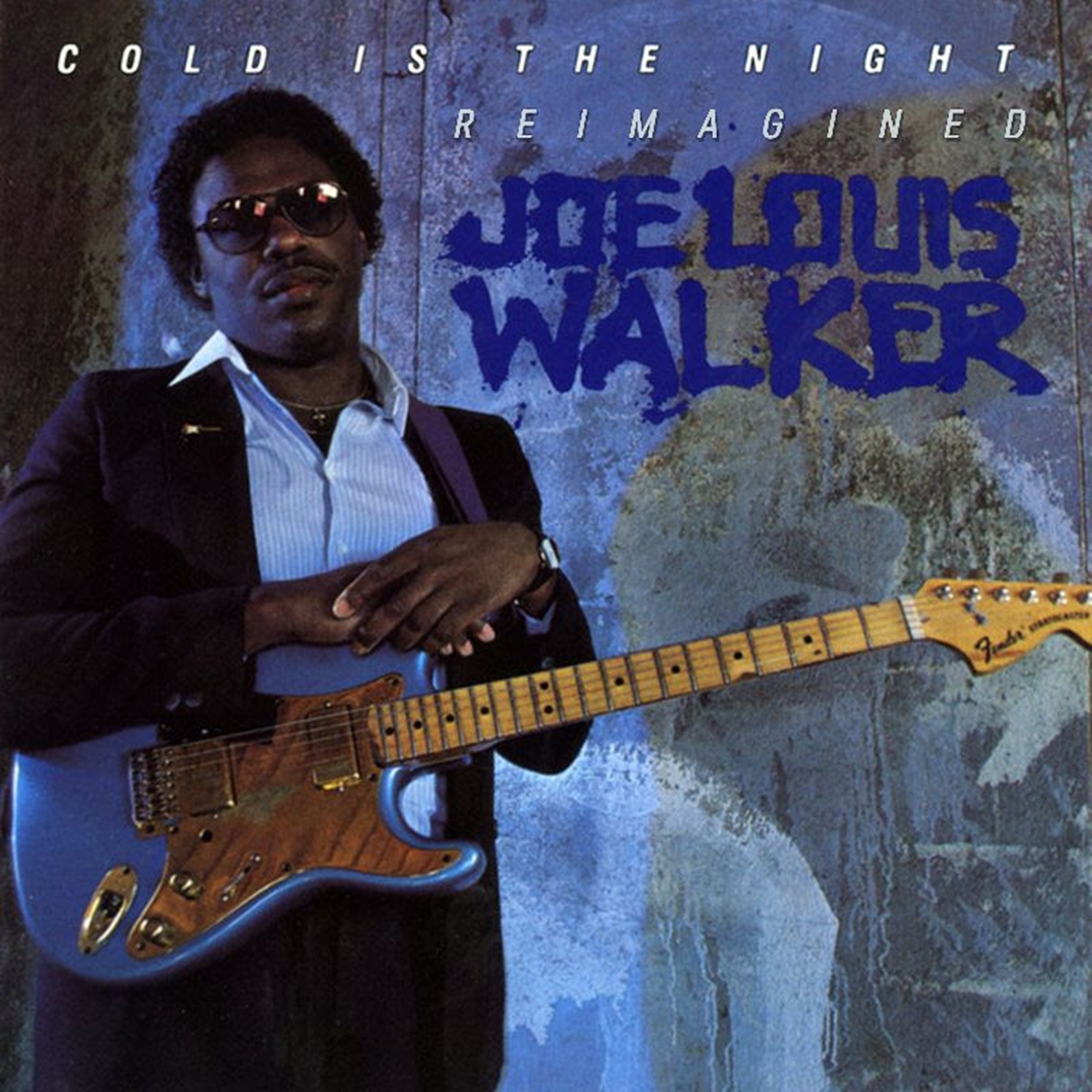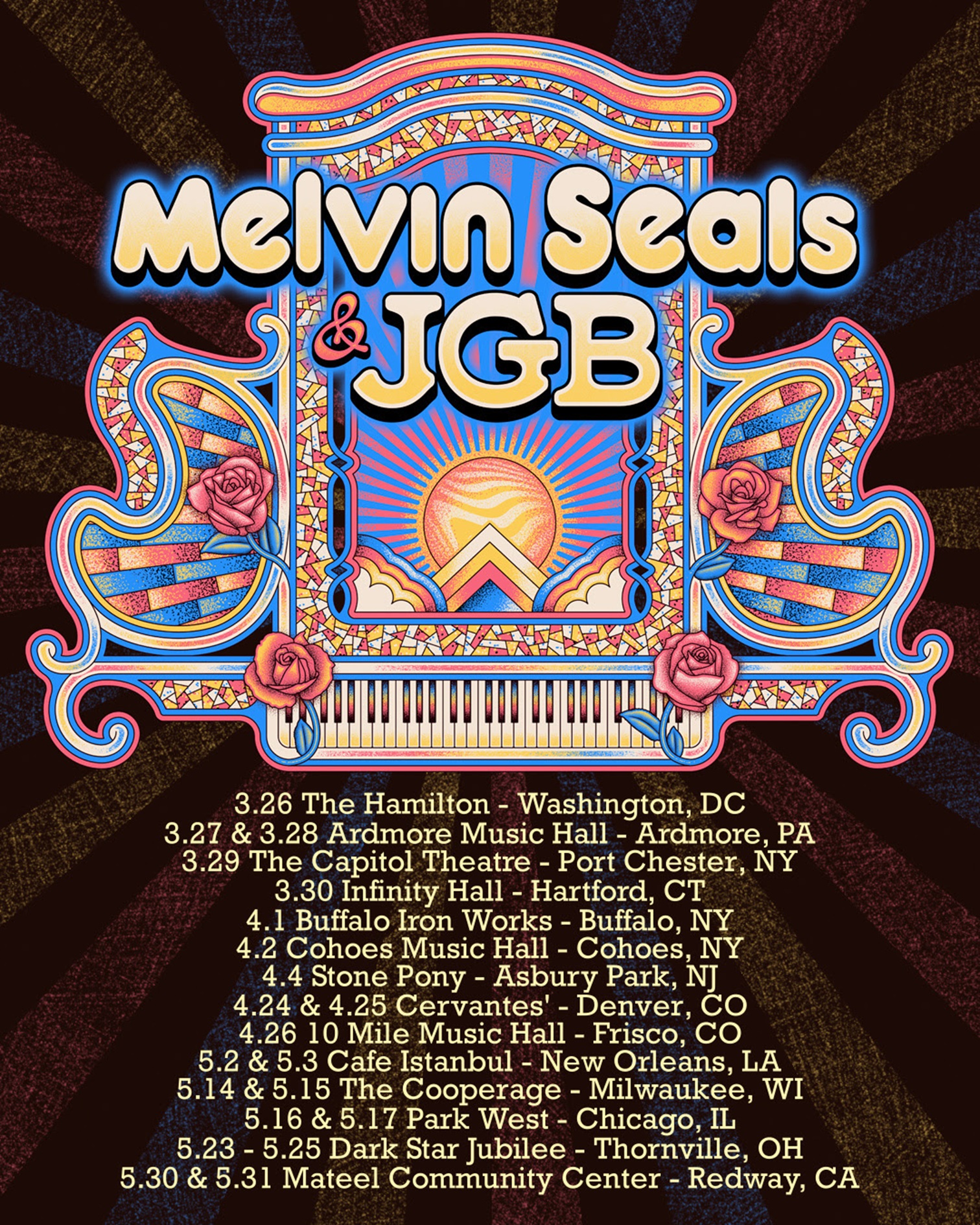Peter Gabriel celebrates a brilliant milestone today, turning 75 and still as vibrant, thought-provoking, and trailblazing as ever. From his groundbreaking days fronting Genesis to his remarkable solo career, Gabriel has continually proven himself a musical force with a global conscience. Here’s a look at his journey, his most cherished songs, and the ways he’s shaped both the rock world and the humanitarian landscape.
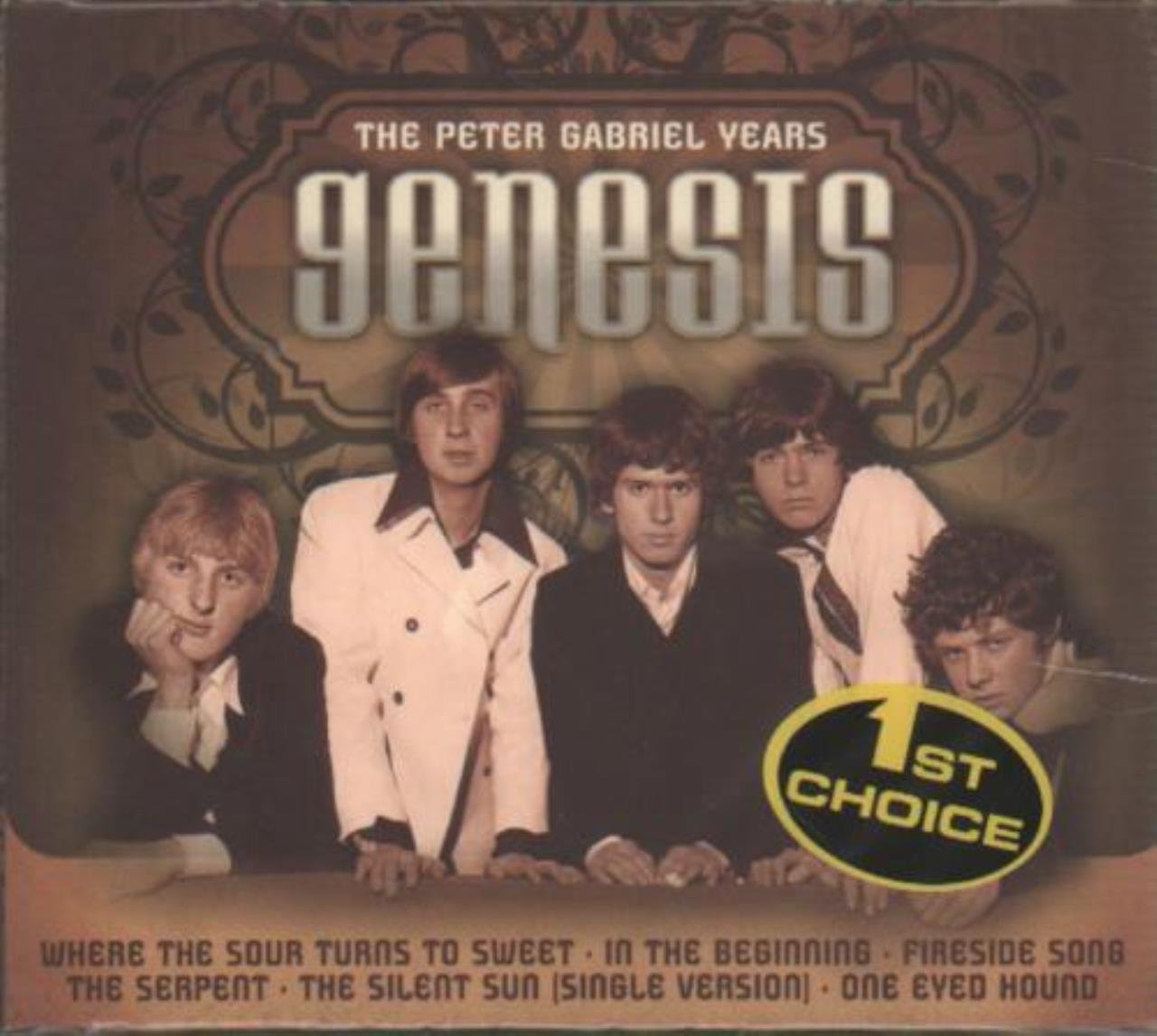
Peter Gabriel first found fame as the lead singer of Genesis, a group he co-founded in 1967. Alongside Tony Banks, Mike Rutherford, Anthony Phillips, and later Steve Hackett and Phil Collins, Gabriel pioneered a brand of progressive rock that married eccentric theatricality with intricate, multilayered sound. Gabriel’s onstage personas were the stuff of legend—he’d transform into characters like “The Flower” or the grotesque “Rael” with flamboyant costumes and mesmerizing storytelling.
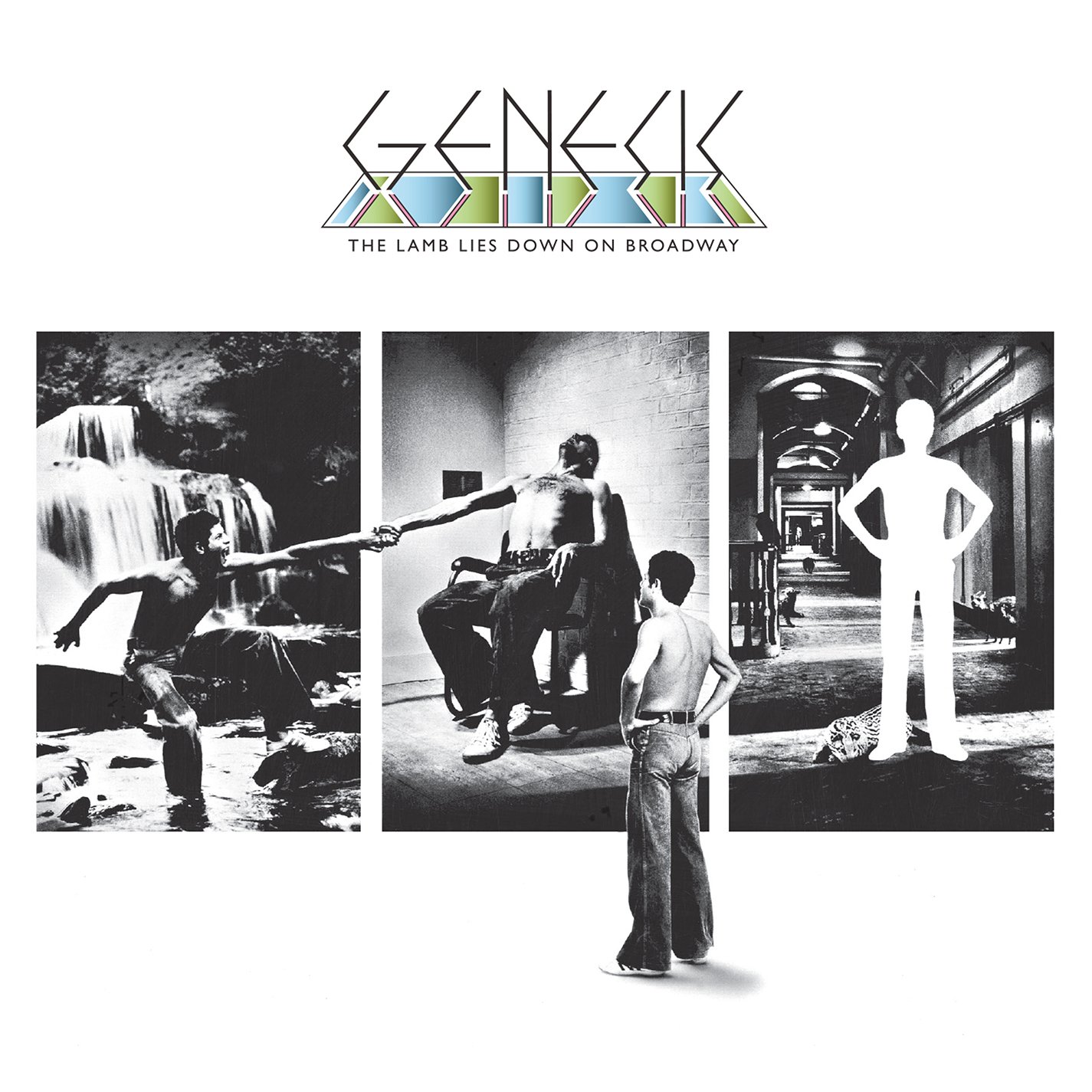
During his tenure in Genesis, Gabriel’s approach helped push the band beyond ordinary rock boundaries. Albums such as Foxtrot (1972) and Selling England by the Pound (1973) showcased his poetic songwriting and charismatic performances. However, it was The Lamb Lies Down on Broadway (1974)—a concept record laced with surreal imagery—that signaled the culmination of his journey with Genesis. Soon after its release, Gabriel departed the band in 1975, setting the stage for a solo career that would redefine his artistic identity.

Embarking on a solo path, Peter Gabriel introduced an entirely fresh sound, blending world-music influences with pop hooks, progressive elements, and vivid storytelling. He forged Real World Records, championing musicians from around the world, and created the WOMAD (World of Music, Arts and Dance) Festival, spotlighting global artistry and cultural exchange.
15 Landmark Songs
Gabriel’s catalog is vast, but here are 15 pieces that capture the essence of his genius, each with its own spark:
“Solsbury Hill” (1977)
Why It’s Great: Gabriel’s debut single as a solo artist is a heartfelt reflection on leaving Genesis and forging a new creative path. Its 7/4 time signature and open, melodic acoustic guitar underscore his determination to follow his instincts.
“Here Comes the Flood” (1977)
Why It’s Great: Featured on his first solo album, this grand, apocalyptic ballad showcases Gabriel’s penchant for big, evocative themes. The song has often been reinterpreted in more delicate versions, proving its enduring emotional weight.
“Games Without Frontiers” (1980)
Why It’s Great: A commentary on childish power plays and international conflicts, it combines a catchy whistle refrain, dark lyrical undercurrents, and Kate Bush on haunting background vocals.
“Biko” (1980)
Why It’s Great: A stirring protest anthem honoring the anti-apartheid activist Steve Biko. This song remains a rallying cry for social justice, resonating with calls to end oppression worldwide.
“Shock the Monkey” (1982)
Why It’s Great: A paranoid, innovative pop gem that explores primal emotions. Its distinct blend of electronic grooves and Gabriel’s trademark vocal stylings made it a staple of early MTV.
“Family Snapshot” (1980)
Why It’s Great: A chilling narrative exploring the psyche of an assassin. Gabriel’s powerful storytelling and dynamic arrangement take the listener through a rollercoaster of empathy and tension.
“I Don’t Remember” (1980)
Why It’s Great: With a crisp, pulsing bassline and urgent vocals, it captures Gabriel’s knack for turning existential dread into a compelling, danceable track.
“Red Rain” (1986)
Why It’s Great: Opening So, it highlights Gabriel’s cinematic lyrical style and dramatic arrangement. The swelling drums and layered vocals mirror the emotion of an impending storm.
“Sledgehammer” (1986)
Why It’s Great: Famous for its groundbreaking stop-motion music video, “Sledgehammer” also stands on its own as a funky, horn-driven pop juggernaut that lingers in the mind long after the last note.
“Don’t Give Up” (1986)
Why It’s Great: A duet with Kate Bush, it’s a moving anthem about perseverance in hard times. The contrasting vocals—Gabriel’s somber tone and Bush’s empathetic reassurance—provide depth and comfort.
“In Your Eyes” (1986)
Why It’s Great: A soul-lifting ode to love and spiritual connection, often regarded as one of the greatest love songs ever written. Youssou N’Dour’s participation brings a global flair and elevates the track to transcendent heights.
“Big Time” (1986)
Why It’s Great: A tongue-in-cheek look at materialism and ego set to a shiny pop-rock groove. Gabriel’s sense of humor beams through, proving he can critique society while still making you dance.
“Mercy Street” (1986)
Why It’s Great: Inspired by poet Anne Sexton, this haunting, dreamlike track resonates with emotional depth. Gabriel’s whispered vocals and the atmospheric production create a hypnotic listen.
“Digging in the Dirt” (1992)
Why It’s Great: A moody, introspective piece addressing therapy and self-examination. Its edgy rock groove and confessional lyrics highlight Gabriel’s willingness to lay his soul bare.
“Secret World” (1992)
Why It’s Great: A sweeping meditation on intimacy and distance, blending lush instrumentation with Gabriel’s gift for painting vivid emotional landscapes. It also became a standout moment in his live shows, complete with inventive staging.
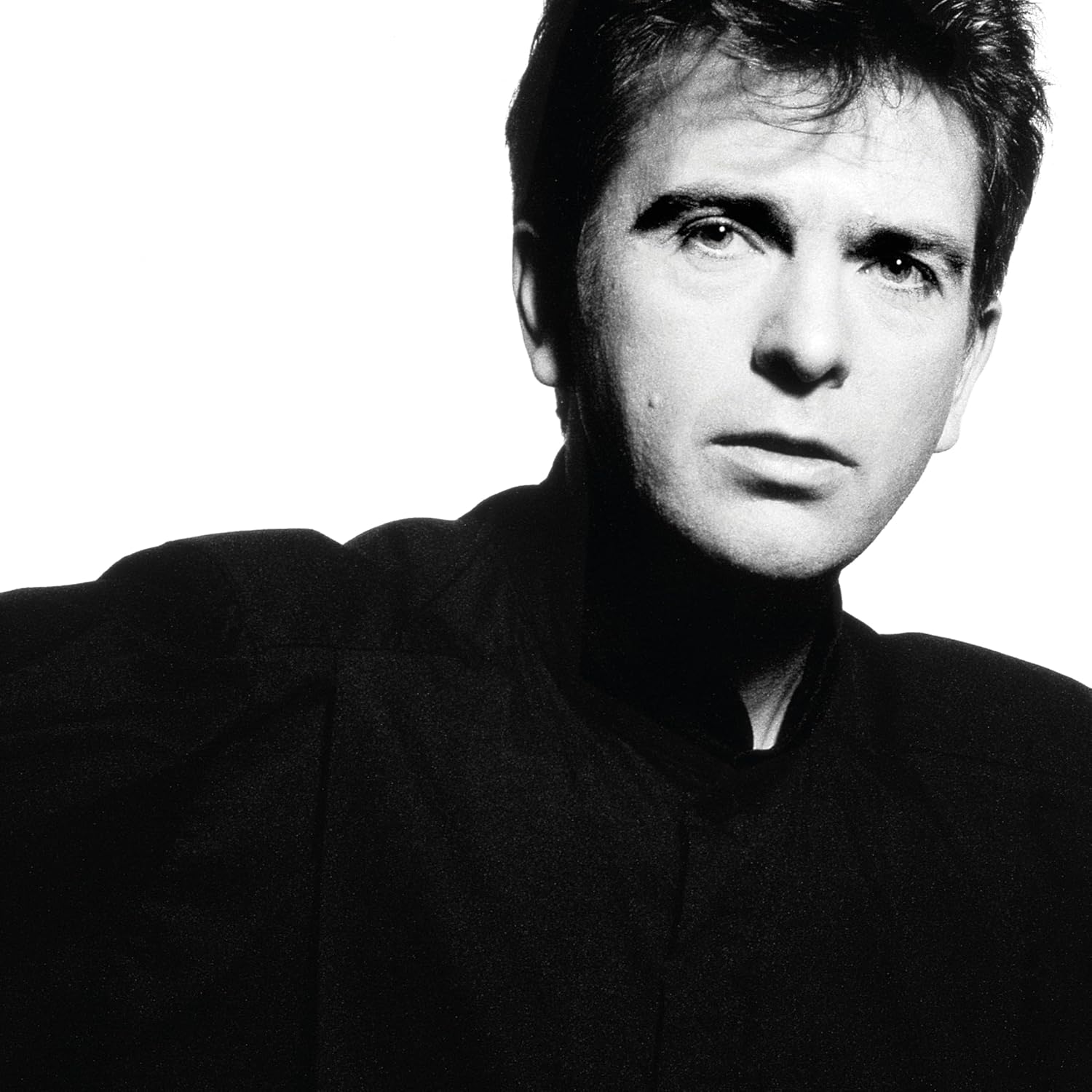
Peter Gabriel has continually bridged art and activism. He’s been a passionate advocate for human rights, performing at Amnesty International concerts alongside icons like Bruce Springsteen and Sting. In 1992, Gabriel co-founded WITNESS, an organization that equips activists with video tools to document abuses and shift public opinion. His Real World Records label has introduced a global array of musicians, helping to preserve and promote cultural expressions that might otherwise be overlooked.
Whether it’s his unwavering support for world-music festivals or his rallying cries for social justice, Gabriel’s actions are firmly rooted in a desire to unify and uplift. His creative and humanitarian pursuits have brought people together across continents, languages, and political divides.
At 75, Peter Gabriel shows no sign of slowing down. He continues to innovate, collaborate, and champion new voices. His presence in popular culture remains significant, reminding generations of music lovers to embrace the creative spark and to stand up for what’s right.
From all of us at Grateful Web, here’s to Peter Gabriel’s enduring passion, unparalleled creativity, and devotion to making the world a more expressive and equitable place. Happy 75th birthday to a true original—may his voice and vision keep resonating far into the future.





